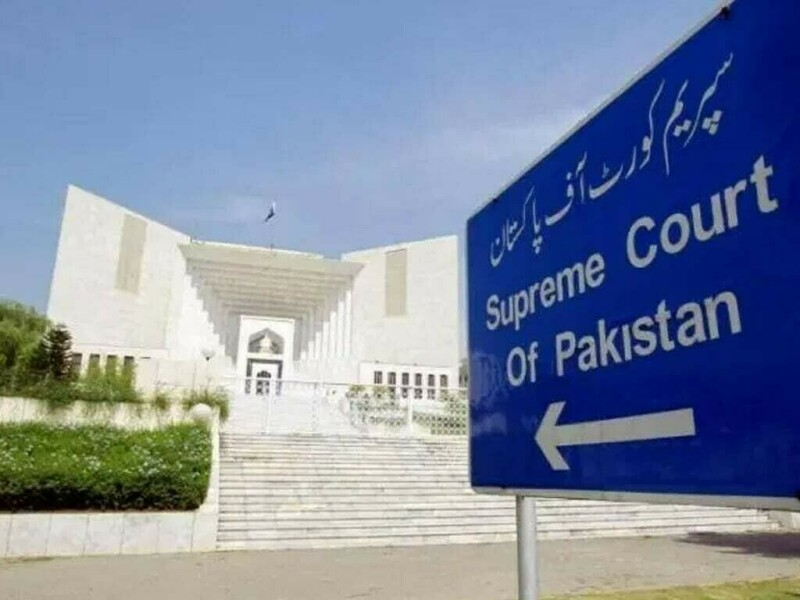The Supreme Court (SC) has clarified that while the Constitution guarantees citizens the right to freedom of expression, this right cannot be used to undermine the greatness of Islam or the integrity of the country. In a press release issued by the SC public relations department on Friday, the court emphasized that misinterpreting and propagating its decisions in a misleading manner constitutes ‘Fasaad fil Arz’ (corruption on earth), a concept prohibited by both Islamic teachings and constitutional law.
The press release addresses the court’s decision on Criminal Revision Application No2 of 2024, delivered on July 24, 2024. To ensure broad comprehension, the verdict was issued in Urdu. The judgment underscores that a person cannot be considered a Muslim without absolute and unqualified belief in the finality of the Prophethood of Hazrat Muhammad (peace be upon him). It further declares that individuals identifying as Ahmadis are non-Muslims according to religious, Sharia, constitutional, and legal standards.
The court’s decision explicitly states that Ahmadis do not have the right to propagate their faith among Muslims, whether in public or private settings. This clarification came while accepting the Punjab government’s review petition.
During the hearing, the court sought guidance from authoritative academic institutions in Pakistan and invited individuals to submit written arguments. The court also reviewed the proceedings and statements of the parliamentary committee and its members, including notable scholars such as Mufti Mahmood, Maulana Zafar Ahmad Ansari, Maulana Abdul Haq, Maulana Shah Ahmad Noorani, and Maulana Syed Abul Ala Maududi. These inputs were instrumental in reaching the final judgment.
The press release highlighted that the judgment aligns with earlier decisions of the Federal Shariat Court and the Supreme Court. However, it noted that some individuals, who did not appear to assist the court during the proceedings, have since been making baseless accusations and presenting themselves as more credible than the scholars who contributed to the court’s decision. The SC deemed this behavior highly inappropriate and warned against spreading misinformation regarding its rulings.




